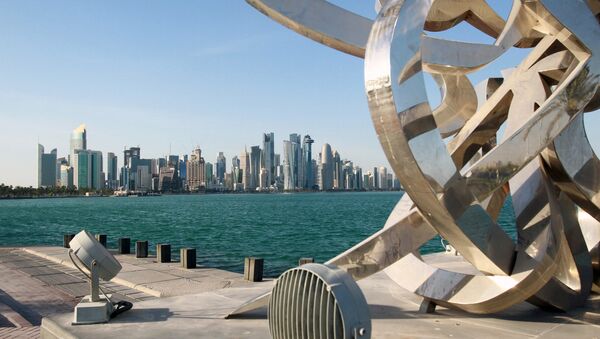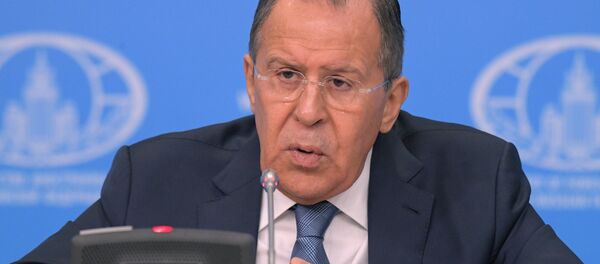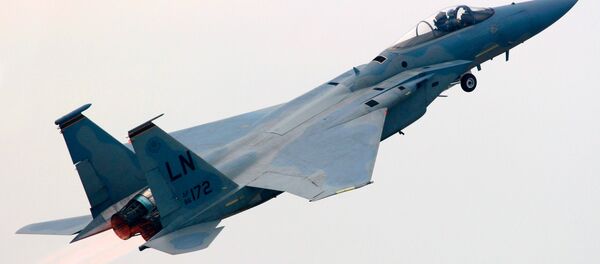The head of the European Middle East Research Center in France, Saleh at-Tayar, told Sputnik Arabic in an interview that the deal for the purchase of aircraft was agreed long before Trump’s visit to Saudi Arabia.
A former assistant to Egyptian Foreign Minister, Abdalla al-Ashal, told Sputnik Arabic that the US was the initiator of the Persian Gulf crisis.
“The US wants to receive money from the Gulf States. Qatar was one country that was not buying US weapons as the US wanted them too. During times of crisis, weapons are sold. It then becomes advantageous for Americans to put out the conflict because the destruction of the commonwealth of the Persian Gulf countries is unprofitable for the United States,” al-Ashal said.
On Wednesday, Bloomberg reported that the Pentagon had finalized the sale of 36 F-15QA Eagle fighter jets to Qatar for $12 billion. The Pentagon issued a press statement saying the sale would increase US-Qatari security cooperation.
Earlier, during his visit to Riyadh, President Trump met with the emir of Qatar, Sheikh Tamim bin Hamad Al Thani. Trump said that they discussed a range of issues, including arms sales.
"There is a conspiracy version that the Qatar crisis was provoked by the negative results of the deal for the US," Dmitry Egorchenkov, an expert at the Institute for Strategic Studies and Prognosis at Moscow-based RUDN University, told RT.
According to Egorchenkov, the deal was prepared long ago and the first official statements about its finalization were made in late 2016. Then, however, progress stalled.
On June 5, Bahrain, Saudi Arabia, Egypt, the United Arab Emirates, Yemen, Libya, the Maldives and Mauritius severed diplomatic relations with Qatar.
Mauritania broke off diplomatic ties with Qatar on June 6. On the same day, Jordan downgraded ties with Qatar. On June 7, the Comoros cut off ties with the Persian Gulf state, and Djibouti reduced the level of diplomatic contacts with it. Senegal, Chad and Niger recalled their ambassadors from Doha.




